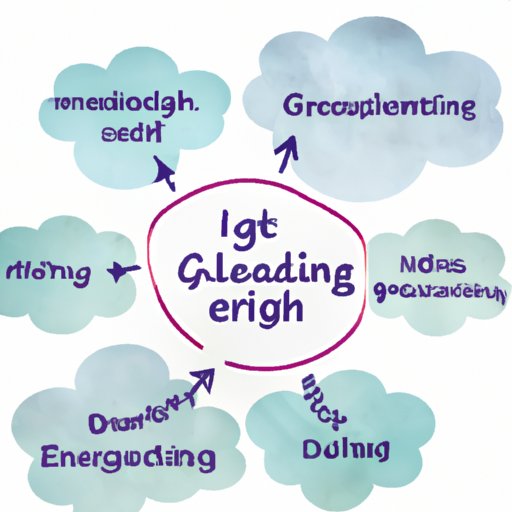
I. Introduction
Many individuals who pursue a degree in English can become apprehensive about the career prospects available to them after graduation. While the notion that an English degree leads only to academia is outdated, it can be challenging to identify precise career paths that align with the degree’s curriculum. Nevertheless, it is essential to note that there are many professions that an English degree can prepare graduates for, including both traditional and non-traditional careers.
II. The versatility of an English degree
An English degree offers a wealth of skills that are transferable in a variety of fields and professions. An individual with an English degree possesses critical thinking, attention to detail, and communication skills, which are in high demand across a variety of industries. For example, an English degree can prepare graduates for careers in marketing, communications, teaching, and nonprofit management.
III. How to leverage your English degree in today’s job market
To leverage an English degree, it is essential to develop a plan to acquire the necessary skills and experiences that are desired by employers beyond academia. To enhance job prospects, English graduates can build technical and digital skills while also pursuing internships and networking opportunities. English graduates can also gain leadership experience by joining professional organizations or pursuing volunteer opportunities.
IV. The value of an English degree in the ever-changing workplace
Adapting to the ever-changing job market becomes crucial in today’s economy. English graduates are well-equipped to adapt thanks to their critical thinking, creativity, and flexibility abilities. These skill sets are integral to thriving in tech and healthcare fields, among others.
V. Exploring alternative (but rewarding) career paths with an English degree
An English degree provides a great opportunity to pursue unconventional but equally fulfilling career paths. Such career paths include content marketing, grant writing, and even technical writing. Within these fields, English graduates can adjust their work to their passions and the specific industry they choose to operate in.
VI. The benefits of a graduate degree in English
If you’re passionate about English, a graduate degree in the field can pave the way to a career in academia, research, or consulting. An advanced degree in English can strengthen a candidate’s credentials, providing a competitive edge in job applications while also broadening the scope of career opportunities.
VII. Balancing passion and practicality with an English degree
Many students may feel torn between pursuing their passion and building practical skills and experiences to secure jobs in the job market. However, it is possible to balance these two goals if students start early, network, interning and volunteering, investing in themselves, and exploring all possibilities. When pursuing a degree in English, it is essential to set realistic career objectives and explore the many opportunities available to showcase one’s skills and knowledge.
VIII. Conclusion
Graduating with an English degree doesn’t mean that your career growth is limited to academia. With excellent planning, networking, and passion, there are several avenues available to English graduates in various industries. With the right mindset, English majors can leverage their skill sets, adapt to an ever-changing job economy, and pursue their passions while building practical skills and experiences to succeed in any field.





